Silage
All Silage Content
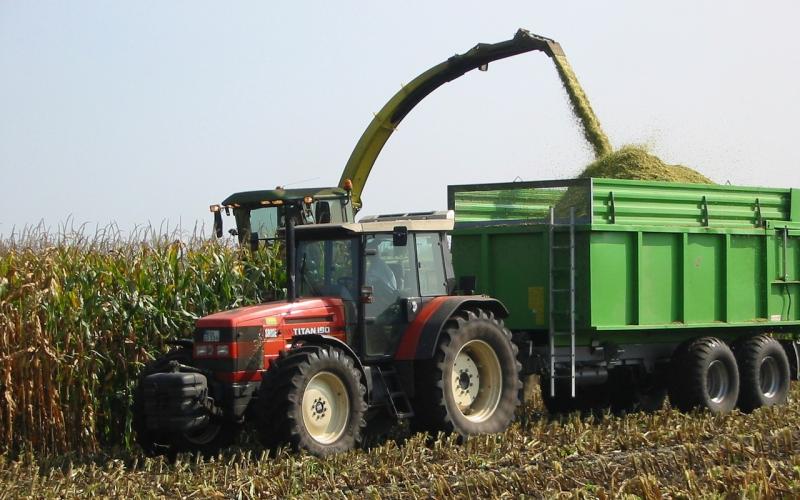
Silage: Minimizing Losses and Maximizing Value
Optimizing silage value starts by harvesting at the right moisture content.
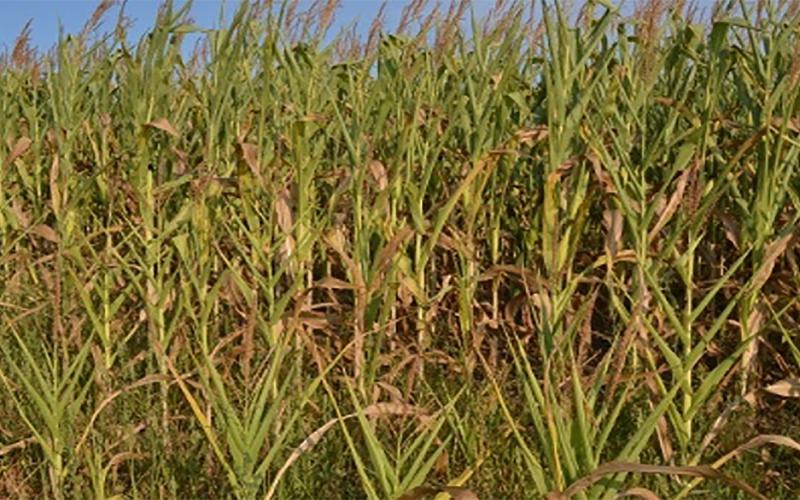
Valuing Drought-Stressed Corn Silage
Salvaging failed crops as silage for livestock can be a “win-win” for both crop growers and livestock owners. Learn how you can use data to improve the odds of finding a value that is fair to both parties.
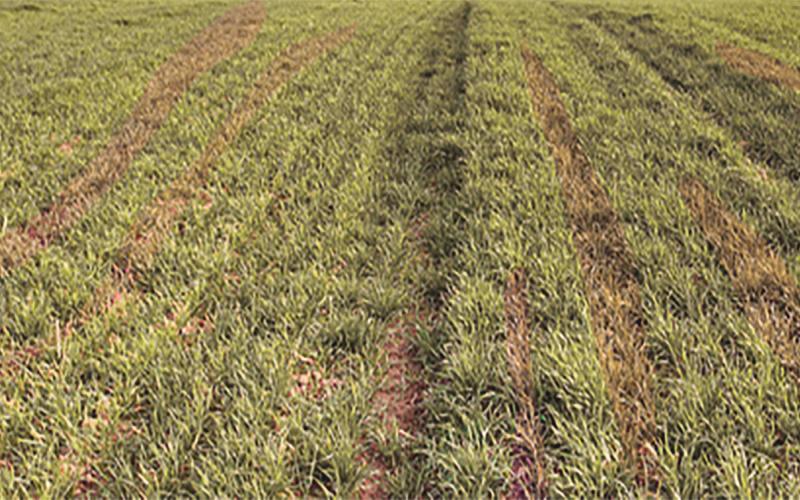
Salvaging Drought-Stressed Small Grains
South Dakota producers often must consider whether to abandon plans to harvest small grain as a cash crop and pivot to harvesting as forage. Learn some factors to keep in mind when evaluating salvage options.
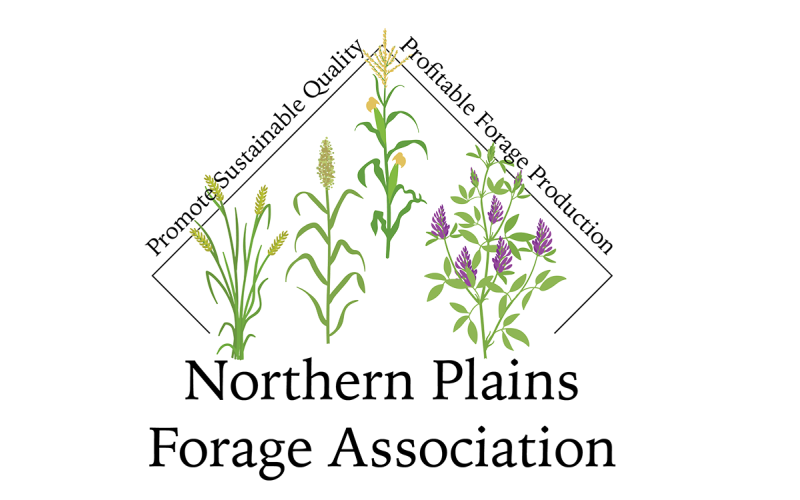
Northern Plains Forage Association hosting free meetings during Central Plains Dairy Expo
March 13, 2023
The Northern Plains Forage Association informational meeting is from 2 to 3 p.m. March 29 and 30 during the Central Plains Dairy Expo at the Denny Sanford Premier Center in Sioux Falls, South Dakota.
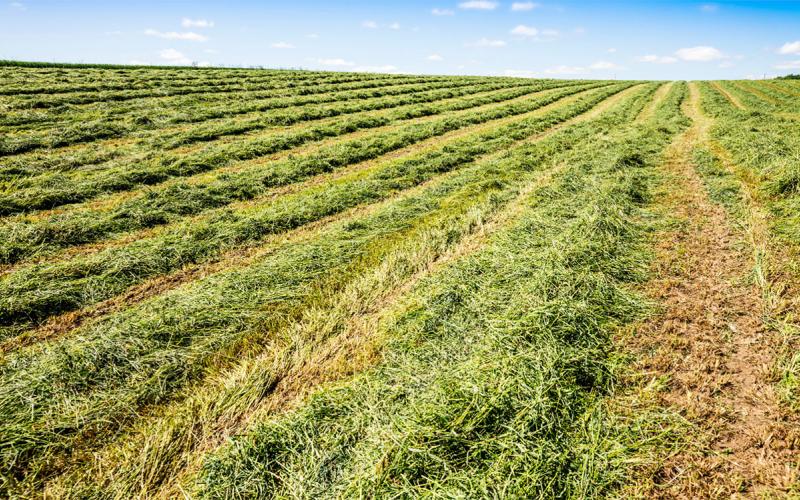
Register today for SD Winter Forage Meeting
February 21, 2023
Registration is open for the South Dakota Winter Forage Meeting Feb. 28 in Madison, South Dakota.
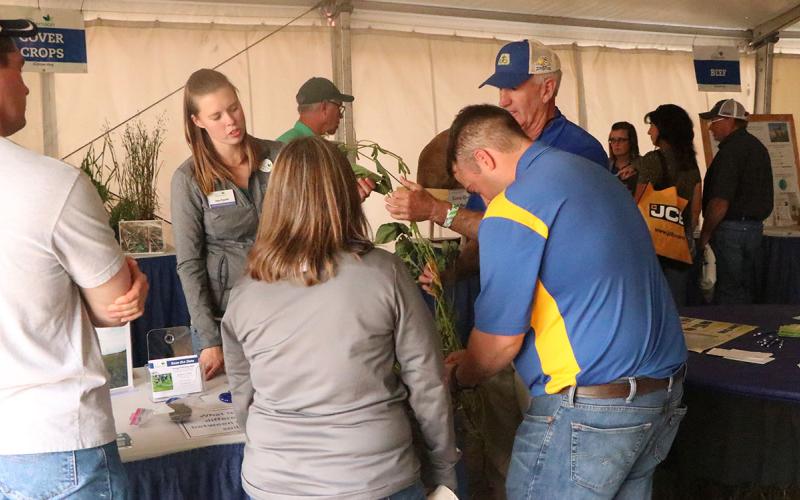
SDSU Extension to Host Informational Sessions at Dakotafest
August 05, 2022
Producers are invited to visit the SDSU Extension booth at Dakotafest August 16-18 in Mitchell, South Dakota.
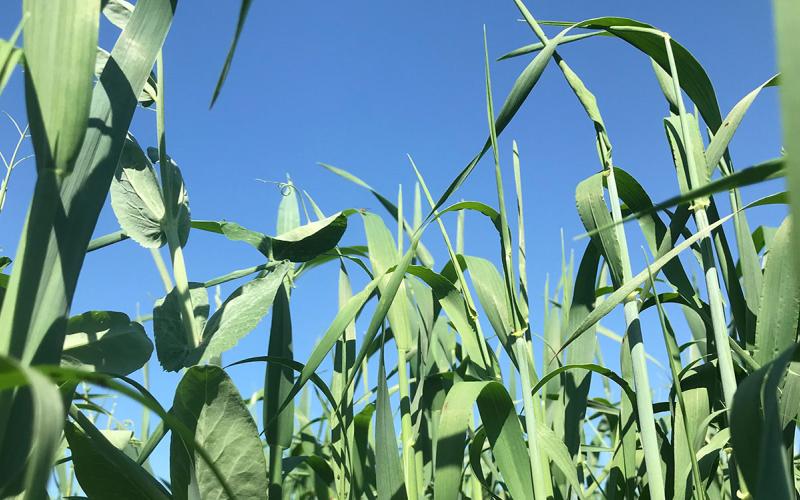
Forage Field Day to be Held Aug. 4
July 15, 2022
SDSU Extension and Nebraska Extension will host their collaborative 2022 Forage Field Day at the University of Nebraska Haskell Ag Lab on Thursday, Aug. 4, from 10:00 a.m. to 4:30 p.m. CDT.
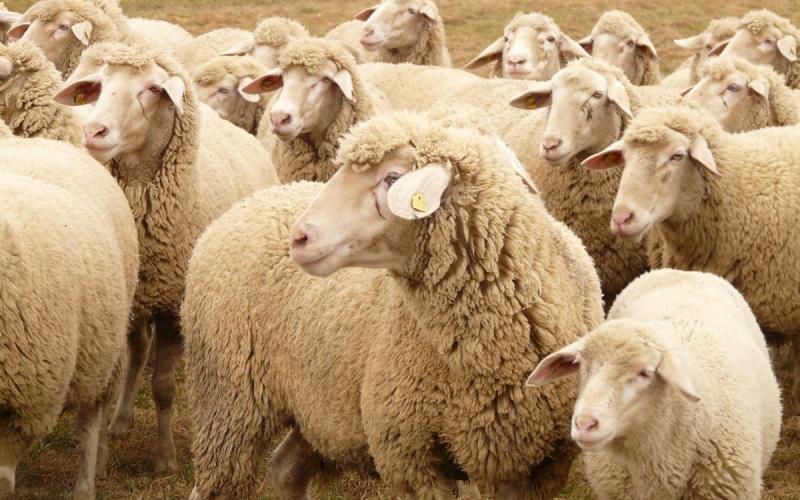
Using Corn Silage in Sheep Diet Formulations
Many Midwest producers have limited options for their primary forage source this year and, must utilize ear-less corn stalks as silage for their in livestock feeding systems. Despite the lack of ears on stalks in some areas the resultant corn stover silage is still expected to contain 80% of expected level of energy under normal growing conditions.
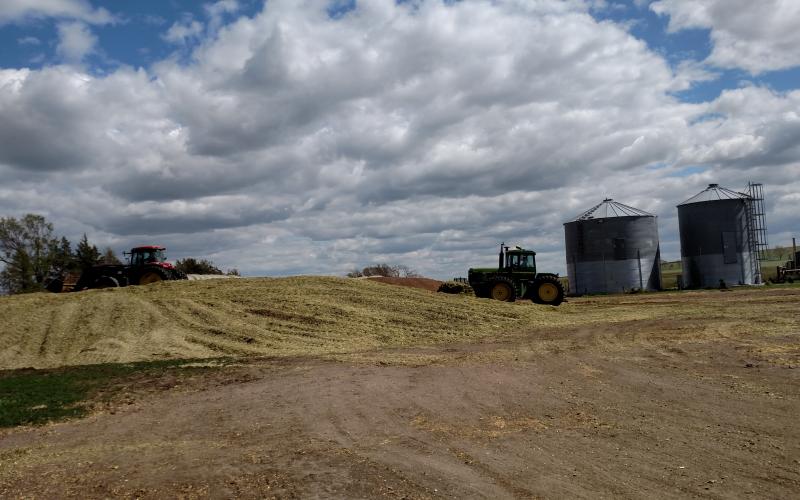
Silage Moisture Testing Tips
Two key points to keep in mind when making high-quality silage are moisture content before harvest and nutrient content before feeding.
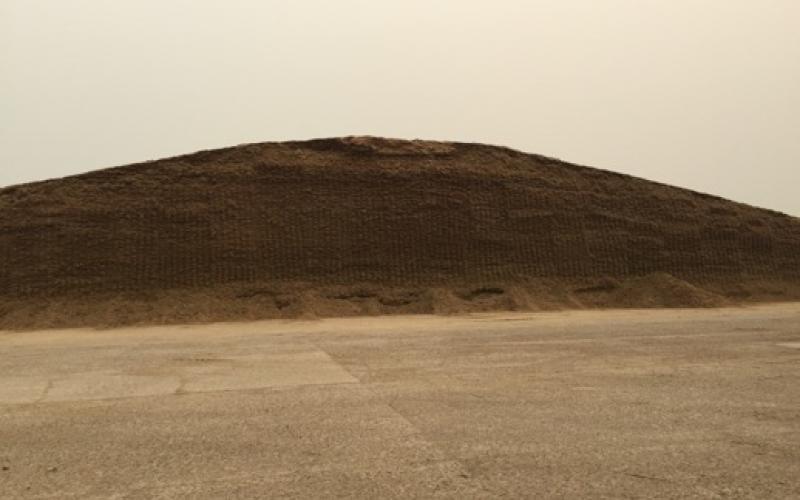
High-Quality Silage Making & Safe Practices: Both are necessities
Throughout the forage growing season many producers are putting up silage piles. To this point they have been predominately forages such as haylage or small grain silage; however, we will soon be moving into corn silage cutting season.